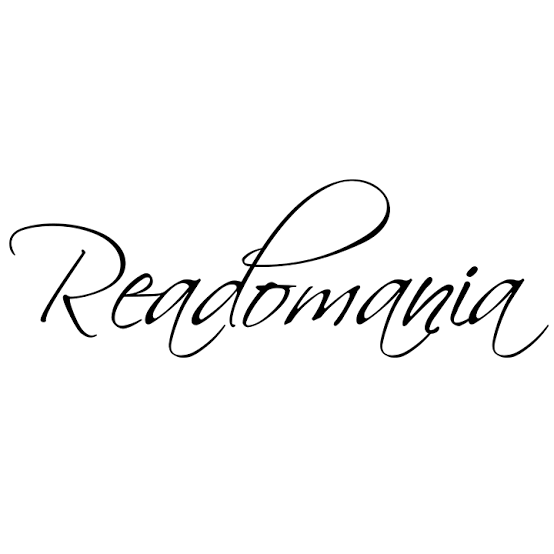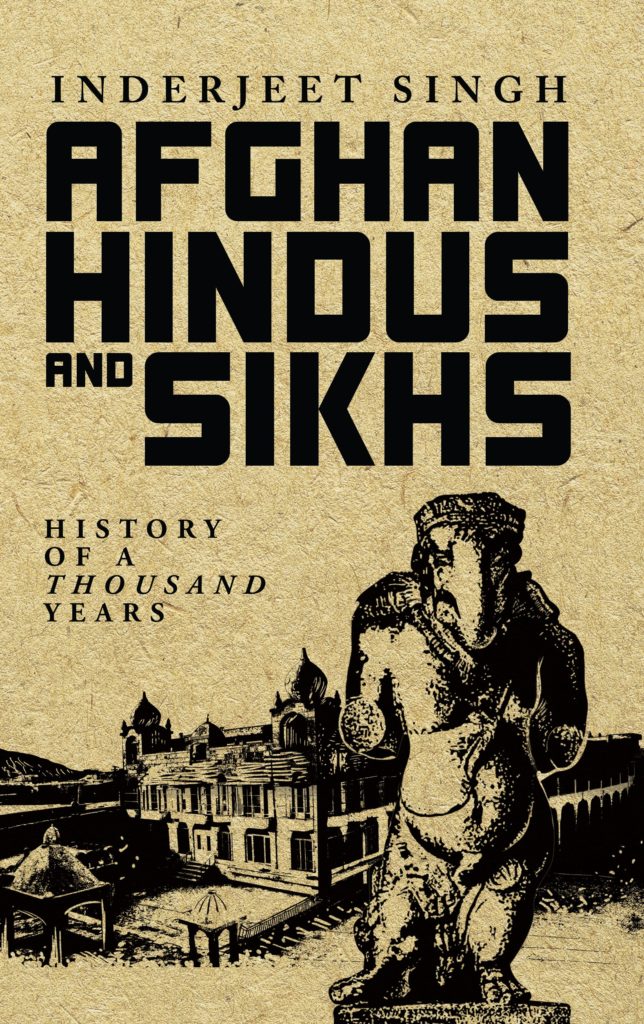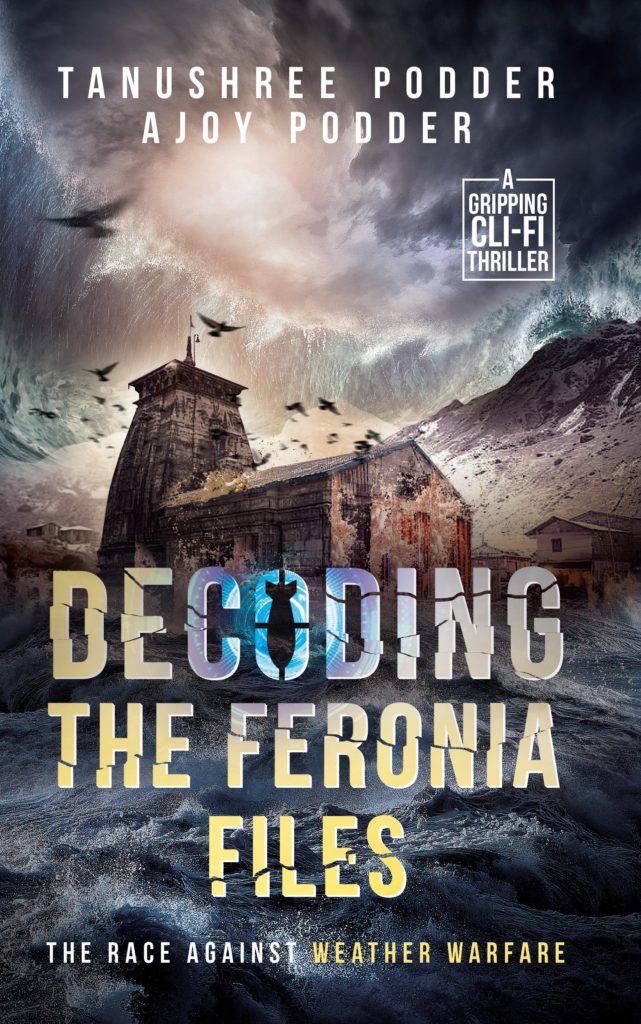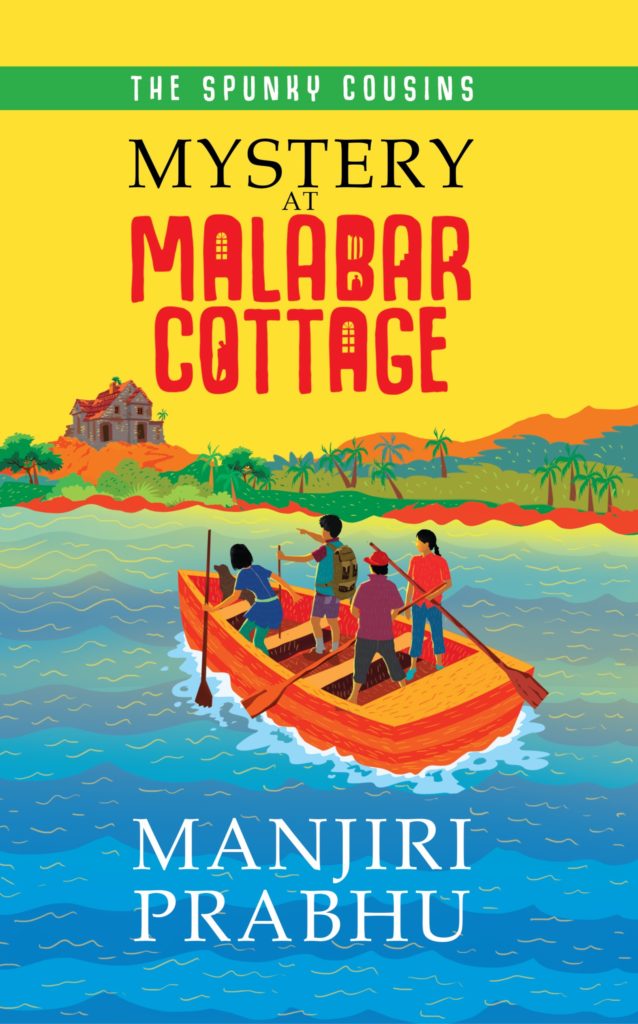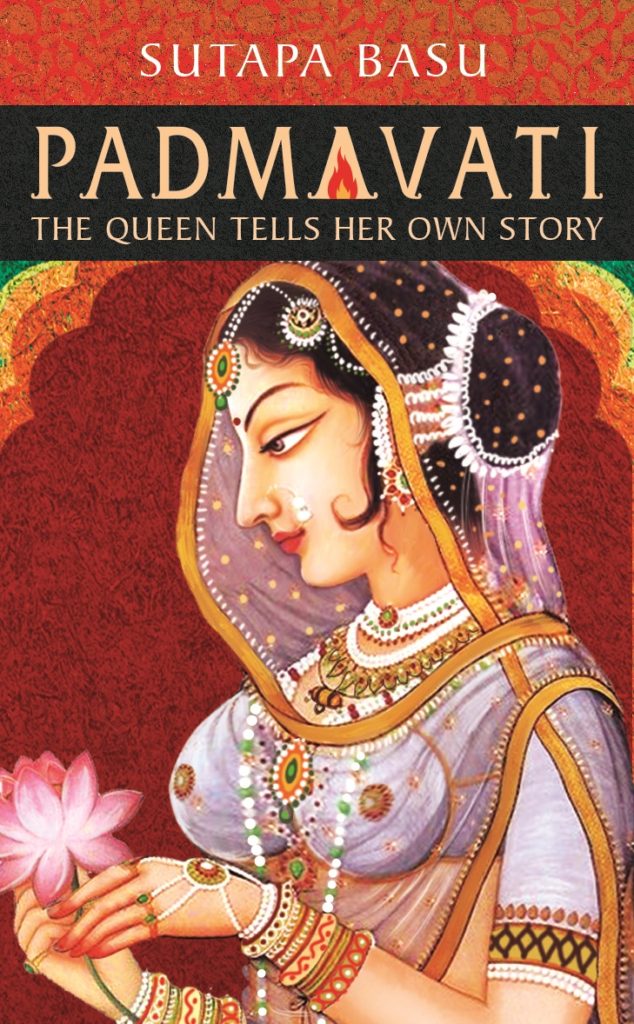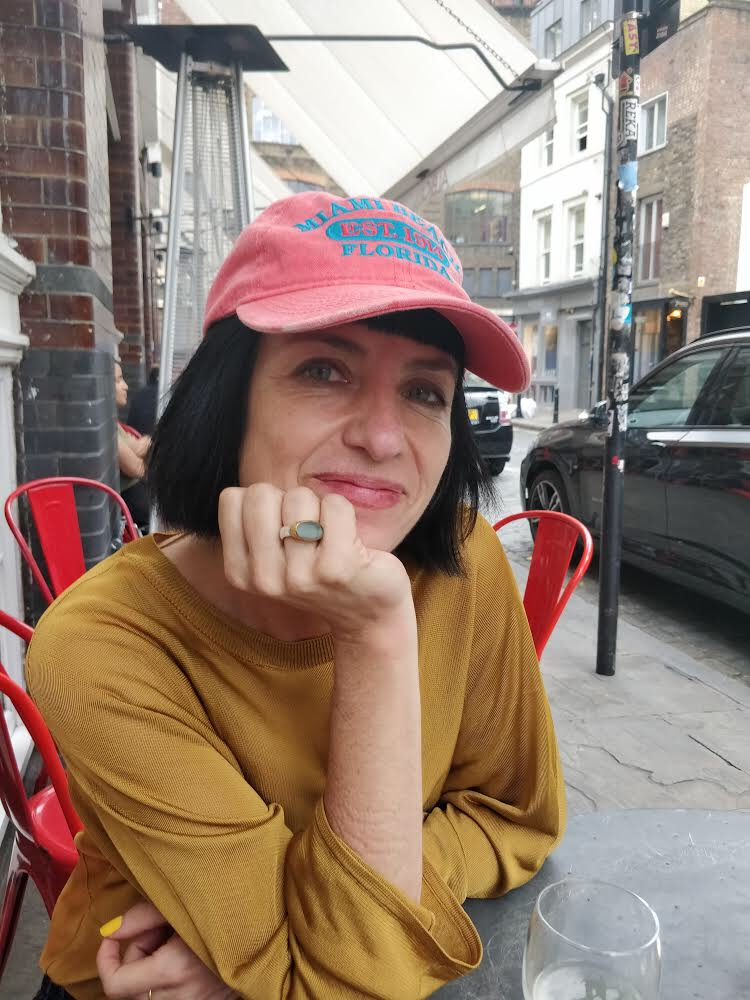Interview with Dipankar Mukherjee, founder, Readomania
Dipankar Mukherjee is the Founder & Director of Readomania, an independent publishing house based in India. Under his stewardship, the house has produced more than 80 books in five years of its existence. Dipankar holds an MBA degree from IIT Madras and has been a management consultant in his professional avatar, working in organisations like IBM and Ernst & Young. Apart from publishing his business interests include a consumer electrical products brand, Aeronova and literary resort, Faraway Renz. He loves traveling and can be found playing with his daughter, if not at work.
- Why did you start Readomania?
An entrepreneur starts with a dream. Mine was, and is, to build a company that is known for creating and curating good content. Readomania was, and is, a manifestation of that dream. There is a lot more content waiting to be discovered. There are a lot of stories that need to be told. We want to be a part of this ecosystem that takes this content, and the stories to a wide audience.
2. What attracted you to publishing?
A publishing house plays a very important role in the society. It can drive narratives, influence points-of-view, and be a catalyst for change. This is what makes publishing a perfect choice for someone who wants to bring out a change for good. I aspire to take Readomania to a position where it can do this effectively, along with being a profitable, sustainable venture.
3. What is the focus of your publishing programme? How many titles have you published so far?
We started in September 2014 and our annual publishing list was streamlined from 2016 onwards. We have published 80 odd titles since 2014. As of now, we publish about 18–24 titles a year. Our list includes literary, midlist, and commercial fiction across multiple genres, short stories, poetry, non-fiction, and children’s fiction. The current focus of our publishing programme is diversity in content. We want to bring in as many flavours as possible. We are delving into mythology retelling, historical fiction, period drama, crime, thriller, romance, short stories, poetry, children’s fiction, humour etc.
4. How do you decide what to publish? Do you commission books or select manuscripts from unsolicited submissions? Or do you look at what agents supply?
Publishing a book is like making a movie, it is not possible to accurately predict how will the audience—reader in this case—react. Though the uncertainty is less for books.
Selection is based on a potent mix of analysis, instincts, and market trends. Analysis focuses on the content, market trends on the genre and competition. Instincts are hard to define but is based on experience, author interaction, and a bit of in-built bias.
We still don’t have fat budgets for commissioning books, so that has still not started. We do, however, discuss projects and potential books with our existing authors and take them forward. Manuscript selections also happen from unsolicited submissions and those that come through agents.
5. Do you think there is an appetite for print books or is the preference for digital books increasing? What are your comments on the digital versus print debate?
Print is winning this debate by a significant margin. I don’t think this will change much in the near future. There will definitely be better adoption of digital formats (text and audio) but that may not dent the market for print books.
Device fatigue is setting in. People want to stop looking at the blue screen. As the awareness for this increases, I feel print books will take up the gap left by some of these devices. However, this may not happen for first time readers. Many of them may directly start reading on a device.
6. Do you look at translations too? If so how does the translations programme operate?
We want to look at translations as well. But we have not started as yet.
7. What is your average day like?
I wake up in a room full of books and start reading with a cup of coffee next to me. I then go to a nice bistro, eat some nice food and drink coffee and read more. I then go to a nice park, sit below a tree, read some more and drink some nice chai from the local fellow, until it’s time to go back home. Back there, I sit next to my window and read, until I fall asleep.
Well, I can always dream about this kind of a life. Reality though is a little different. My regular schedule includes sales and collection follow ups, editorial discussions, an hour on social media, an hour on online reading, marketing discussions, and author discussions.
8. How do you distribute books? Via online retail or brick and mortar stores? Why did you start an online store on your website? Isn’t that rather unusual for an indie publisher?
Distribution has been strong for us, at least amongst indie publishers. I think we have done this well. We distribute through all possible modes. For brick and mortar stores, we work with the regular distributors like IBD, Prakash, Variety and Jaico. In addition, we directly sell on Amazon, are represented on Flipkart and as you mentioned sell through our website as well. Our own website is also a very big channel for sales. Since we are very active on social media, it is easy to drive sales through our own website.
9. What is the kind of publicity you invest in? Do book launches help you sell books?
Publicity is a nemesis for indie publishers. The ROI on publicity is questionable and hence we are careful treading this path. We use a lot of online resources, bloggers’ community, and outreach for marketing. We do work with the stores and on Amazon. We still have some work to do in PR and co-branding concepts. However, we keep trying out different methods of communication and branding for books. Some work, some don’t.
As for book launches, in my opinion they do not recover the investment made and are a drag on our resources. A book launch, or any event for that matter, works well only when there is a good PR angle.
10. What are your thoughts about the Indian book industry? Is it growing or not? What are the pain points if any? What makes this book market stand apart from the others?
Deciphering the Indian book industry is quite a challenge, especially the trade book segment. There is growth. However, that growth may not be real. Many systemic issues lead to this problem. First amongst them is the concept of Sale-Or-Return. How does one explain growth when returns can potentially come after the financial year is closed? Does one go back and revise growth figures?
However, there are a lot of positives that do point to the growth-story. Many more titles are coming up, online sales are strong, and sentiments are good.
As far as pain-points are concerned, there are a select few that I would like to mention, both on cost side and revenue side. On cost side we have GST, payment terms that publishers have with distributors and distribution margins as major issues. The cost pressures have significantly increased. On the revenue side, I think there is over-supply of books. If I may say, India is now a land of more writers than readers. This coupled with shrinking shelf space makes it difficult to reach out to the readers. The power may be shifting away from publishers to distributors or platforms like Amazon, especially since distributors and platforms are now operating as monopolies.
11. What are the changes you have seen in publishing since you began Readomania? What are the genres that sell the most amongst your readers/customers and do you think these align with the more popular buying sentiments amongst Indian readers?
Since our inception, quite a few things have changed. I have seen the self-publishing industry grow significantly over the years. There has been a good growth in new genres like true-crime, celebrity-autobiographies, bureaucrat narratives. Growth in the regional language publishing and demand for translations also is a positive change. For publishers, a big revenue stream has opened up through rise in book-to-screen deals. However, there has been a fall in per-title print runs. I also feel there is now an overload of marketing content for readers and a big boom in book-marketers who promise the moon but not sales.
Popular genres for us include mythology, historical fiction, non-fiction, and light reads. I think the market too would have a similar trend.
12. What are your future plans for Readomania?
We are just five years old and we have many miles more to go. Readomania aspires to be one of the top five publishing brands in the country with a strong list, a few international awards in our kitty, and be the publisher of choice for authors and readers.
13 December 2019

